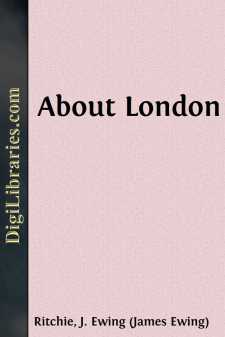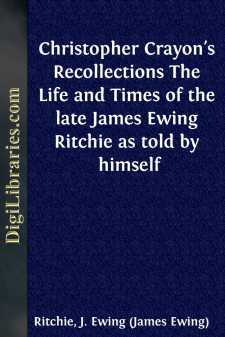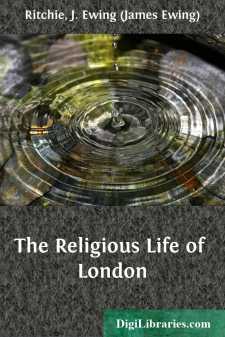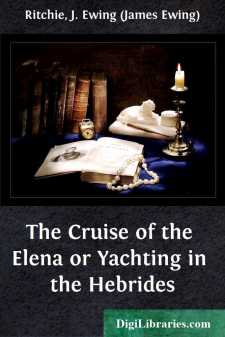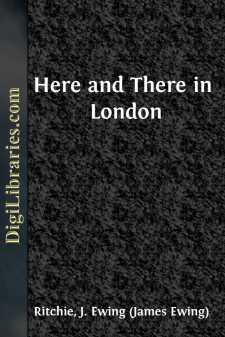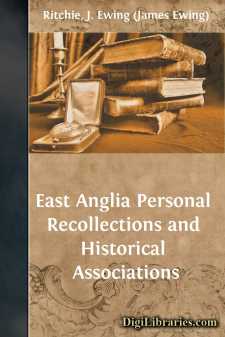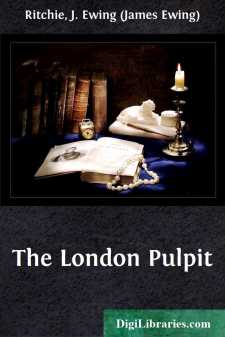Categories
- Antiques & Collectibles 13
- Architecture 36
- Art 48
- Bibles 22
- Biography & Autobiography 813
- Body, Mind & Spirit 142
- Business & Economics 28
- Children's Books 14
- Children's Fiction 11
- Computers 4
- Cooking 94
- Crafts & Hobbies 4
- Drama 346
- Education 46
- Family & Relationships 57
- Fiction 11829
- Games 19
- Gardening 17
- Health & Fitness 34
- History 1377
- House & Home 1
- Humor 147
- Juvenile Fiction 1873
- Juvenile Nonfiction 202
- Language Arts & Disciplines 88
- Law 16
- Literary Collections 686
- Literary Criticism 179
- Mathematics 13
- Medical 41
- Music 40
- Nature 179
- Non-Classifiable 1768
- Performing Arts 7
- Periodicals 1453
- Philosophy 64
- Photography 2
- Poetry 896
- Political Science 203
- Psychology 42
- Reference 154
- Religion 513
- Science 126
- Self-Help 84
- Social Science 81
- Sports & Recreation 34
- Study Aids 3
- Technology & Engineering 59
- Transportation 23
- Travel 463
- True Crime 29
J. Ewing (James Ewing) Ritchie
James Ewing Ritchie (1820–1898) was a British journalist, author, and social reformer, known for his works on the social and political conditions of his time. He contributed to various publications, including "The Nonconformist" and "The Daily News," and authored numerous books such as "The Night Side of London," which highlighted the city's darker, impoverished areas. Ritchie was an advocate for social change, focusing on issues like education, public health, and the plight of the working class.
Author's Books:
Sort by:
“The laws of this country recognise nothing more sacred than the Forty-shilling Freehold Franchise; and a vote for the county obtained by these means is both constitutional and laudable.”—Lord Chief-Justice Tindal. “What he had heard from hon. members told him nothing more than this, that the working population could easily, under the old system, acquire the right of voting; and that every man...
more...
CHAPTER I.NEWSPAPER PEOPLE. What would the Englishman do without his newspaper I cannot imagine. The sun might just as well refuse to shine, as the press refuse to turn out its myriads of newspapers. Conversation would cease at once. Brown, with his morning paper in his hand, has very decided opinions indeed,—can tell you what the French Emperor is about,—what the Pope will be compelled to...
more...
CHAPTER I.East Anglia in 1837. In 1837 Lord Melbourne was Prime Minister—the handsomest, the most cultivated, the most courteous gentleman that ever figured in a Royal Court. For his young mistress he had a loyal love, whilst she, young and inexperienced, naturally turned to him as her guide, philosopher and friend. The Whigs were in office, but not in power. The popular excitement that had...
more...
CHAPTER I.on heresy and orthodoxy. The original meaning of the word heresy is choice. “It was long used,” writes Dr. Waddington, “by the philosophers to designate the preference and selection of some speculative opinion, and in process of time was applied without any sense of reproach to every sect.” The most fruitful source of speculative opinion is, and has ever been, religion; from the...
more...
CHAPTER I.off for greenock. The late—I had almost written the last—Imperial ruler of France was wont to say—indeed, it was his favourite maxim—“Everything comes to him who waits.” It was not exactly true in his case. Just as he was to have placed himself at the head of his followers, and make his reappearance in France, and to have effaced the recollections of Sedan, Death, who waits...
more...
Not far from Westminster Abbey, as most of our readers know well, stands the gorgeous pile which Mr. Barry has designed, and for which, in a pecuniary sense, a patient public has been rather handsomely bled. Few are there who have looked at that pile from the Bridge—or from the numerous steamers which throng the river—or loitered round it on a summer’s eve, without feeling some little reverence...
more...
‘We cordially recommend Mr. Ritchie’s book to all who wish to pass an agreeable hour and to learn something of the outward actions and inner life of their predecessors. It is full of sketches of East Anglian celebrities, happily touched if lightly limned.’—East Anglian Daily Times. ‘A very entertaining and enjoyable book. Local gossip, a wide range of reading and industrious research,...
more...
theRELIGIOUS DENOMINATIONSof london. ‘Homo sum, humani nihil a me alienum puto,’ said Terence, and the sentence has been a motto for man these many years. To the human what deep interest attaches! A splendid landscape soon palls unless it has its hero. We tire of the monotonous prairie till we learn that man, with his hopes and fears, has been there; and the barrenest country becomes dear to...
more...



